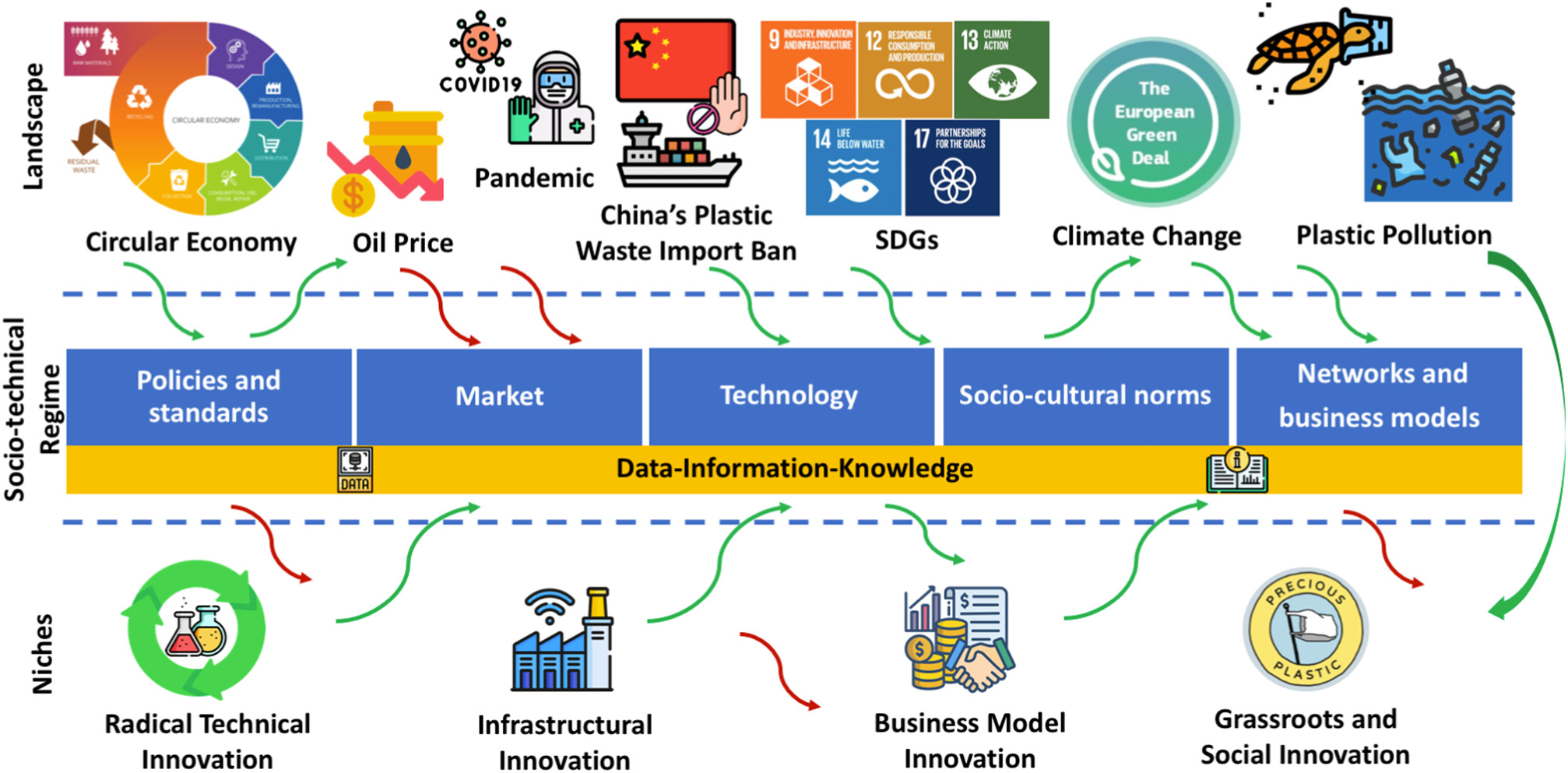Elsevier,
Sustainable Production and Consumption, Volume 33, September 2022
A system transition is required to reach greater circularity in the production and consumption of plastics and the achievement of SDG12. This paper has addressed a key gap in the literature, related to the role that data-information-knowledge play in hindering progress towards that transition.
Elsevier,
Sustainable Production and Consumption, Volume 33, September 2022
This article presented a comprehensive life cycle assessment (LCA) study comparing alternative medical-grade and protective-device-grade mask reuse options to the conventional single-use of surgical and FFP3 masks, respectively. The study focuses on the UK, but the results and conclusions are applicable to other healthcare settings.
Elsevier,
Journal of Responsible Technology, Volume 12, December 2022, 100048
An investigation, linking particularly well to SDGs 10 and 5 focusing on equality, which shows how researchers can actively engage with equality, diversity and inclusion (EDI) in their work, and how EDI considerations must remain an ongoing effort. The authors, working in the field of responsible research and innovation (RRI), intentionally employed EDI in their project recruitment, and reflect here on the adjustments they made as a result. The recruitment of persons with disabilities led to some particularly interesting and new insights in this study looking at trustworthiness in the design of autonomous systems with evolving functionality.
Elsevier,
The Lancet Planetary Health,
Volume 6, Issue 9,
2022,
Pages e726-e738
An Article in support of SDGs 3 and 13, assessing psychological responses among young people to the COVID-19 pandemic and climate change, particularly focusing on mental health conditions and feelings of agency.
Elsevier,
The Lancet Public Health, Volume 7, September 2022
This Review supports SDGs 3 and 5, focusing on the gendered association between unpaid labour and mental health, particularly in relation to the fact that women do more hours of unpaid labour worldwide than men. The Review found that unpaid labour is associated with worse mental health in women than in men.

